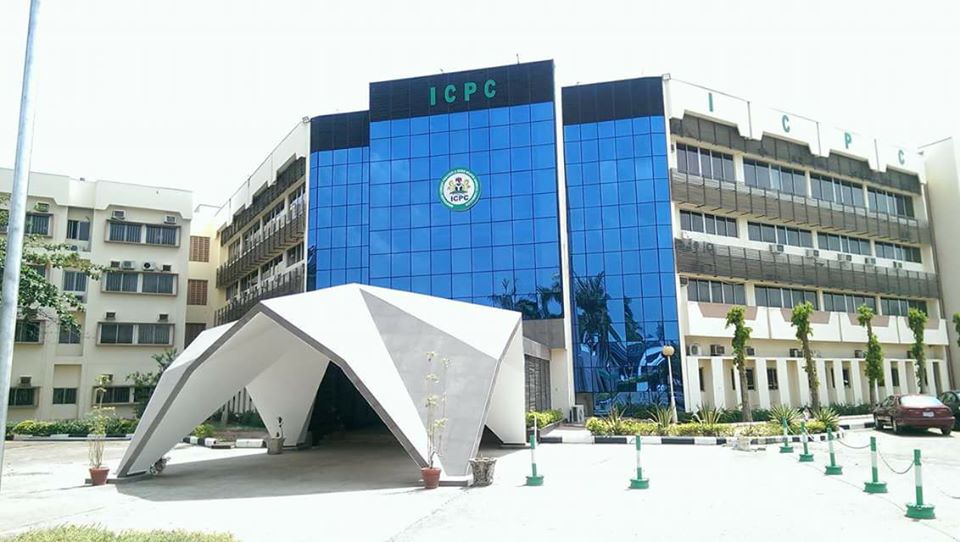Senior government officials consisting mainly of state commissioners for finance, accountants-general and auditors-general have undergone a 3-day intensive training on Anti-Corruption and Fraud Prevention at the Anti-Corruption Academy of Nigeria (ACAN), Keffi, the research and training arm of the Independent Corrupt Practices and Other Related Offences Commission (ICPC).
The training for the officials was aimed at entrenching probity and accountability in all facets of state governments’ operations. It also was in line with the academy’s vision of becoming “a model manpower development institution, sustainably providing the necessary connection between theory and practice to drive the fight against corruption and related crimes in Africa and beyond.”
The training exposed the participants to the workings and functionalities of government anti-corruption payment platforms and processes such as the Integrated Personnel and Payroll Information System (IPPIS), Government Integrated Financial Management Information System (GIFMIS) and the Treasury Single Account (TSA) among others.
The capacity building session empowered them to design integrity management systems in financial administration and it developed their skills aimed at safeguarding their states against corruption and internal fraud.
While declaring the programme open, ICPC Chairman, Mr. Ekpo Nta, called on the participants to desist from unethical behaviours, saying “corrupt practices cannot be completed if accountants and lawyers are not complicit.”
Earlier, in his remarks, Provost of the Academy, Professor Sola Akinrinade, who was represented by the Deputy Provost, Mr. Matthew Ameh, stated that one major purpose of the training was to sensitise and build the capacity of critical stakeholders in states across the country to become viable partners in the war against corruption.
“Given the situation in which we have found ourselves as a country, especially our corruption-induced arrested development, the war must be fought at every level if we are to achieve lasting and sustainable results. For the efforts of the Federal Government to achieve the full effect, they must be complemented by interventions and initiatives at the other tiers of government. In this wise, we must acknowledge that states and local governments represent critical layers of governance and administration in our country’s federal system of government,” the Provost explained.
In his goodwill message, the Accountant-General of the Federation, Mr. Ahmed Idris, who was represented by the Director, Revenue and Investment, Dr. Bakari Wadinga, pleaded that the fight against corruption should not be seen as an individual or federal government affair but rather a collective responsibility.
Similarly, the Auditor-General of the Federation, Mr. Anthony M. Ayine, described the training as timely, saying: “there is need for specialised training for ‘dedicated staff’ to understand corruption prevention strategies, develop strategic thinking and build capacities with specific focus.”
He also added that there was a need for a sustained moral rebirth to enhance fiscal discipline, integrity and accountability regime of government activities.
Some of the issues the training addressed included: the implementation of e-government and e-transactions in Nigeria; integrity imperative in the workplace; standardizing internal control mechanisms; and financial reporting system and understanding fraud, corruption and corrupt practices in governance.
Some participants who spoke at the training expressed satisfaction with the programme saying that awareness was key in the fight against corruption even as others called on the Commission to extend its system studies initiative to local government councils.
The high point of the training was the award of certificates to the participants at the end of the programme.

